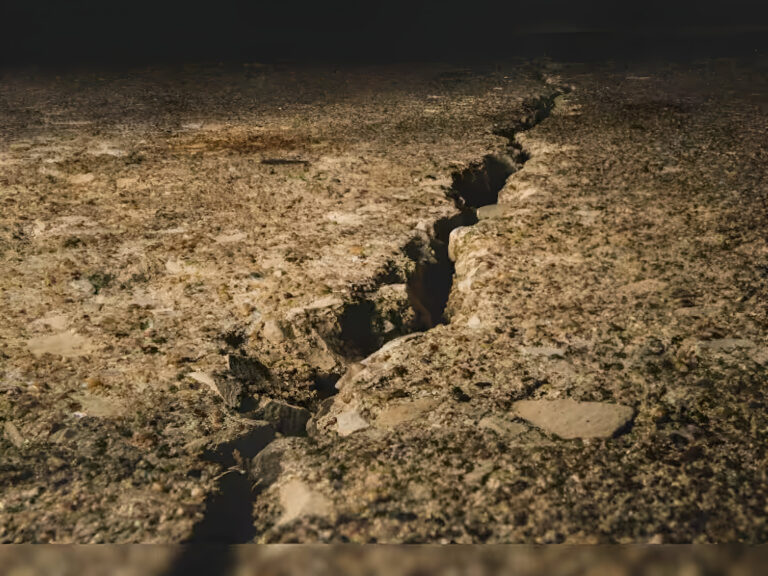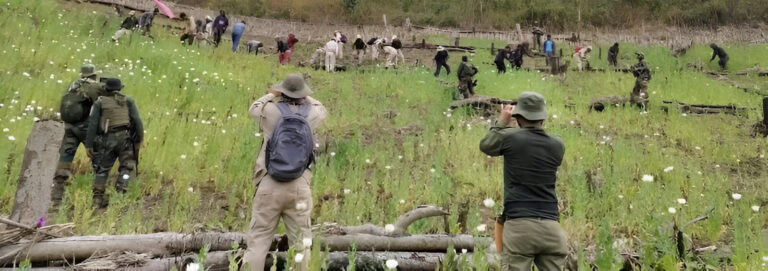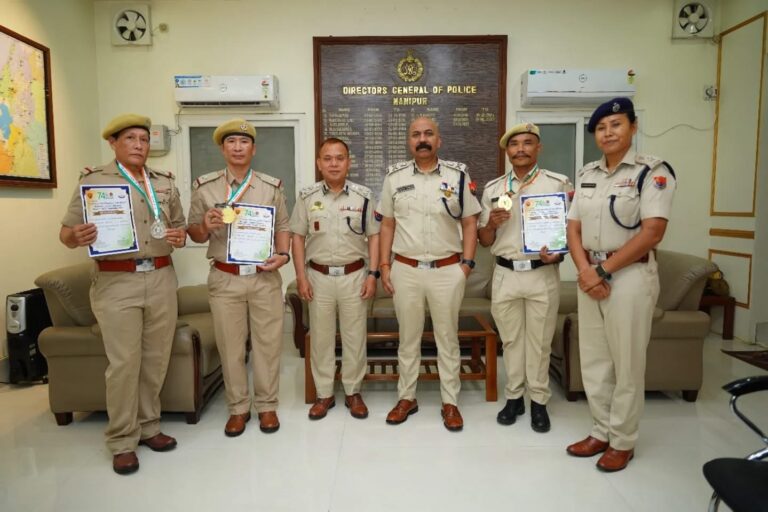Manipur Shocker: Minor Accused Held for Sexually Assaulting 10-Year-Old Girl in Churachandpur
Quick Summary of the News Article
In a deeply disturbing incident from Churachandpur district in Manipur, a 17-year-old boy has been apprehended for allegedly sexually assaulting a 10-year-old girl. The case, reported on April 6, 2025, has sent shockwaves across the state, prompting swift action from local authorities and widespread public outrage. The accused has been taken into custody under the Protection of Children from Sexual Offences (POCSO) Act, and an FIR has been registered. The police have confirmed that both medical and legal procedures are underway as investigations continue. This incident has once again ignited discussions about child safety, parental awareness, and the urgent need for preventive education across communities.
The Full Story: Let’s Talk About What Really Happened—And Why It Matters
We hear a lot of terrible news these days, but when something like this happens—when a child is hurt in such a horrific way—it cuts deeper. This case from Churachandpur is one such story. It’s not just a headline. It’s a wake-up call.
So, what really happened? And what should we be doing about it? Let’s break it all down.
The Incident That Shook Manipur
On April 6, 2025, Manipur woke up to grim news. In Churachandpur district, a minor boy—just 17 years old—was taken into custody for allegedly sexually assaulting a 10-year-old girl. The fact that both the victim and the accused are minors makes this even more complicated and heartbreaking.
The authorities wasted no time. A case was registered under the POCSO Act, which is the central law in India dealing with sexual offences against children. The local police initiated a swift investigation, and medical tests were conducted to support the legal process.
But here’s the thing—this isn’t just about crime and punishment. It’s about the larger issue of child protection, social responsibility, and the role we all need to play in keeping our children safe.
Understanding the POCSO Act: What It Means and Why It’s Important
If you’ve never heard of the POCSO Act before, here’s a quick explainer. The Protection of Children from Sexual Offences Act was enacted in 2012 to provide a robust legal framework for addressing sexual abuse and exploitation of children. It covers a wide range of offences, from sexual assault to harassment and pornography.
In cases like this one, the act ensures that:
- The victim receives care and protection.
- The accused, even if a minor, is held accountable through the Juvenile Justice system.
- The trial process is child-friendly and sensitive.
This law is crucial—but like any law, it only works when it’s properly implemented, and when society is willing to talk about these difficult issues.
Why Are Such Crimes Increasing—And What’s Causing It?
Let’s be honest: the number of child abuse cases being reported across India is alarming. But is it because more crimes are happening? Or because more victims are coming forward?
The truth is, it’s a mix of both.
Thanks to awareness campaigns and legal reforms, victims and their families are more willing to report abuse. But that’s only one side of the coin.
The other side? We’re not doing enough to prevent it.
Children today are exposed to so much—from smartphones to unsupervised internet usage. Without proper sex education, healthy conversations at home, or access to mental health resources, kids are left to figure things out on their own. And that can lead to harmful behavior—both as victims and as perpetrators.
The Role of Families: More Than Just Protection
If you’re a parent, guardian, or elder sibling, this part is for you.
You can’t be everywhere all the time—but you can be involved. Talk to your kids. Educate them about personal boundaries. Teach them to say no. Let them know they can always come to you, no matter what.
Because silence is the biggest enabler of abuse.
It’s not about being strict—it’s about being supportive. Build trust early. Encourage questions. Be the safe space they can always turn to.
Schools, Communities, and the System: Everyone Has a Role
Child safety isn’t just a “family issue.” It’s a society issue.
Schools must create awareness through workshops and regular counseling. Teachers should be trained to spot signs of abuse or unusual behavior. Communities should normalize conversations around consent and healthy relationships—even if it feels uncomfortable at first.
And our system? It needs to work faster and more efficiently. More child psychologists. More child-friendly police units. More judgment-free medical care for survivors. These aren’t luxuries—they’re necessities.
When the Accused Is a Minor: What Then?
Now, here’s where it gets complex.
The accused in this case is 17. He’s not legally an adult. But the crime is very serious. Under the Juvenile Justice Act, minors between 16 and 18 can be tried as adults in heinous crimes if the Juvenile Justice Board deems it appropriate.
But that decision isn’t just legal—it’s ethical. Are we willing to say that a child who committed a terrible crime can never be reformed? Or do we believe in second chances, even in the face of horror?
There are no easy answers. But we must ask the questions.
The Emotional Fallout: What About the Victim and Her Family?
We often talk about the “case” but forget the people involved.
The young girl—just 10 years old—will carry this trauma for the rest of her life. Her family will struggle with guilt, anger, helplessness, and probably a deep desire for justice.
They will need therapy. Support. Compassion. And most of all, they will need time.
Healing is not linear. It’s messy, slow, and deeply personal. But it’s possible—with the right help.
Let’s Not Wait for Another Tragedy
One case is one too many.
This incident should not fade away after a few news cycles. It should push us to act. To talk. To teach. To listen.
If you’re reading this, ask yourself:
- Do I know what my child is exposed to online?
- Have I ever had an honest conversation about consent?
- Would my child feel safe telling me if something bad happened?
If not, start today.
5 Important FAQs
1. What should I do if I suspect a child is being abused?
Immediately report it to local authorities or call the Childline at 1098. You don’t need proof—just a suspicion is enough to trigger an investigation.
2. Can a minor be punished under the POCSO Act?
Yes. If the accused is a minor, they are dealt with under the Juvenile Justice Act, but the seriousness of the crime can lead to them being tried as an adult in some cases.
3. How can parents educate their children about sexual safety?
Use age-appropriate language to explain personal boundaries, good touch vs. bad touch, and encourage open communication. Normalize these talks early on.
4. What kind of support is available for victims of child sexual abuse?
Victims can access free medical aid, counseling, legal assistance, and child protection services through NGOs, Child Welfare Committees, and police units.
5. Why is child sexual abuse still so common despite strict laws?
Lack of awareness, stigma, fear of social shame, and sometimes even disbelief from families stop victims from speaking up. Prevention begins with education and open dialogue.





